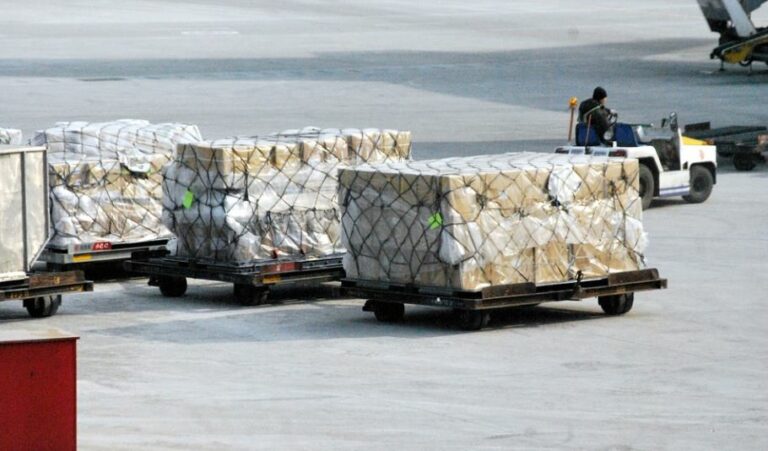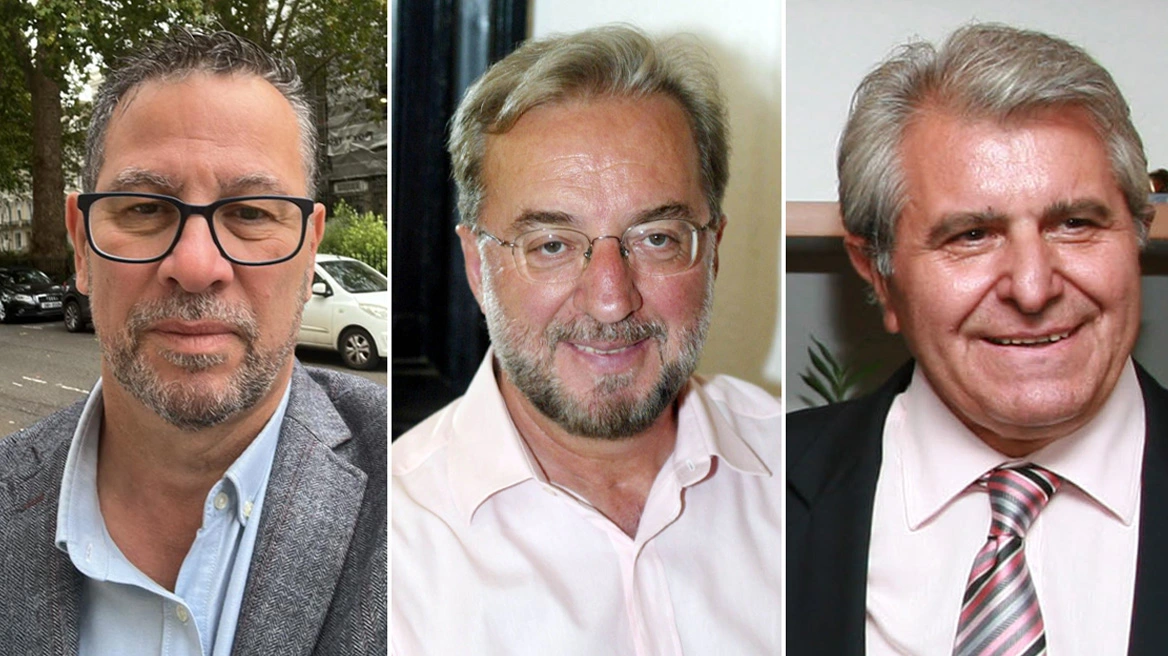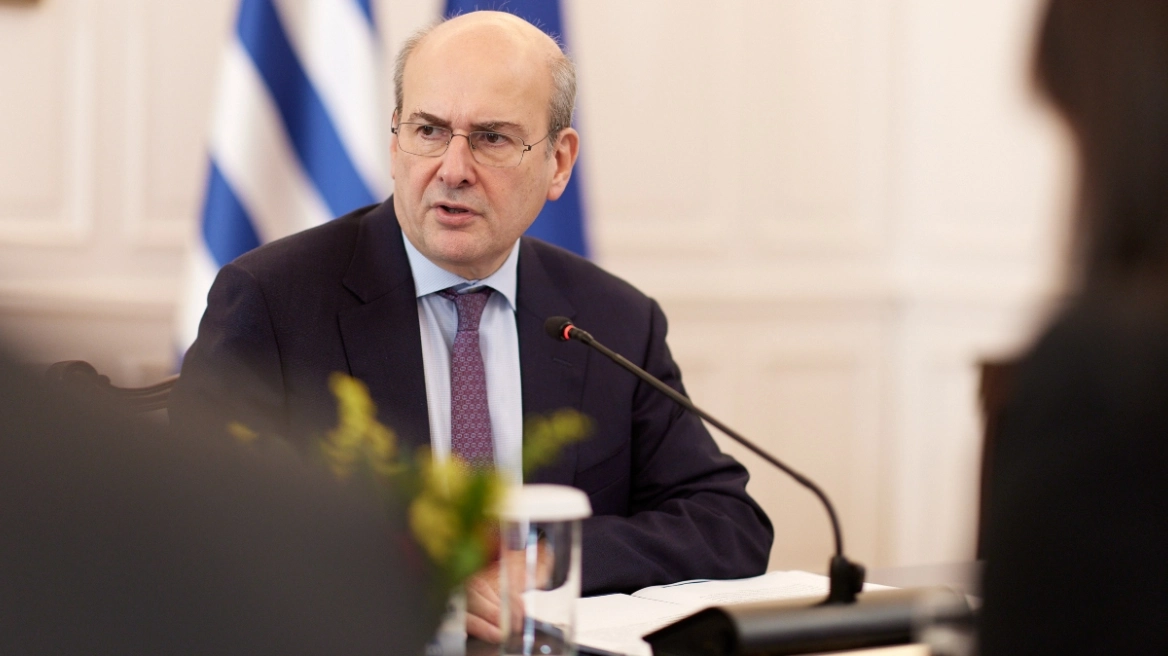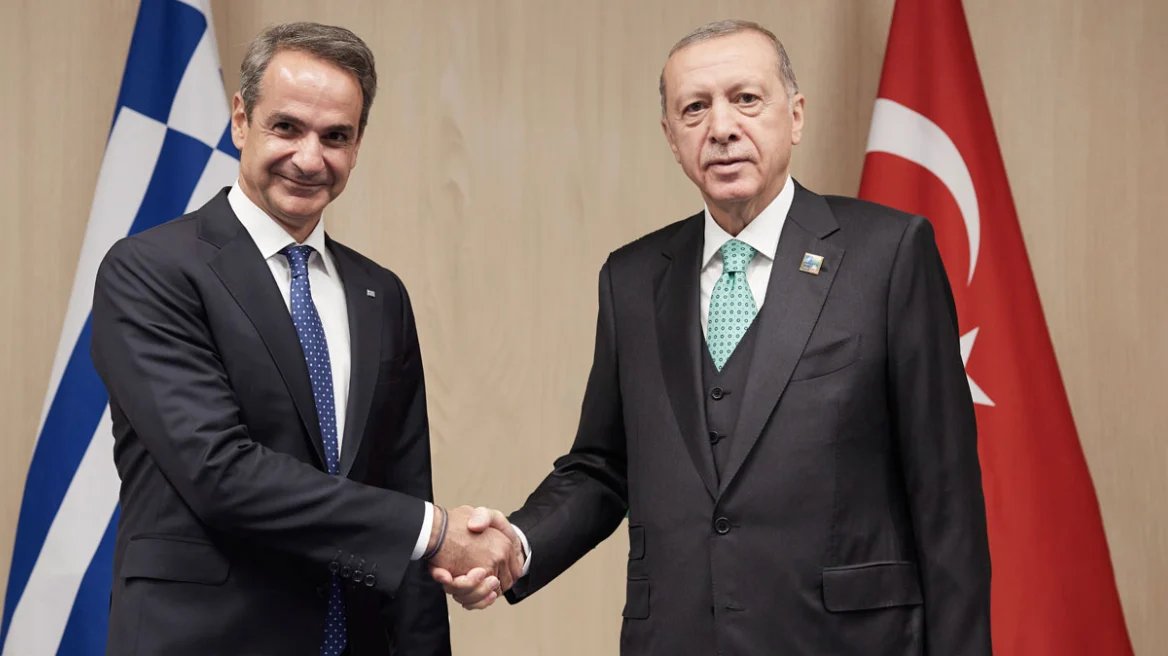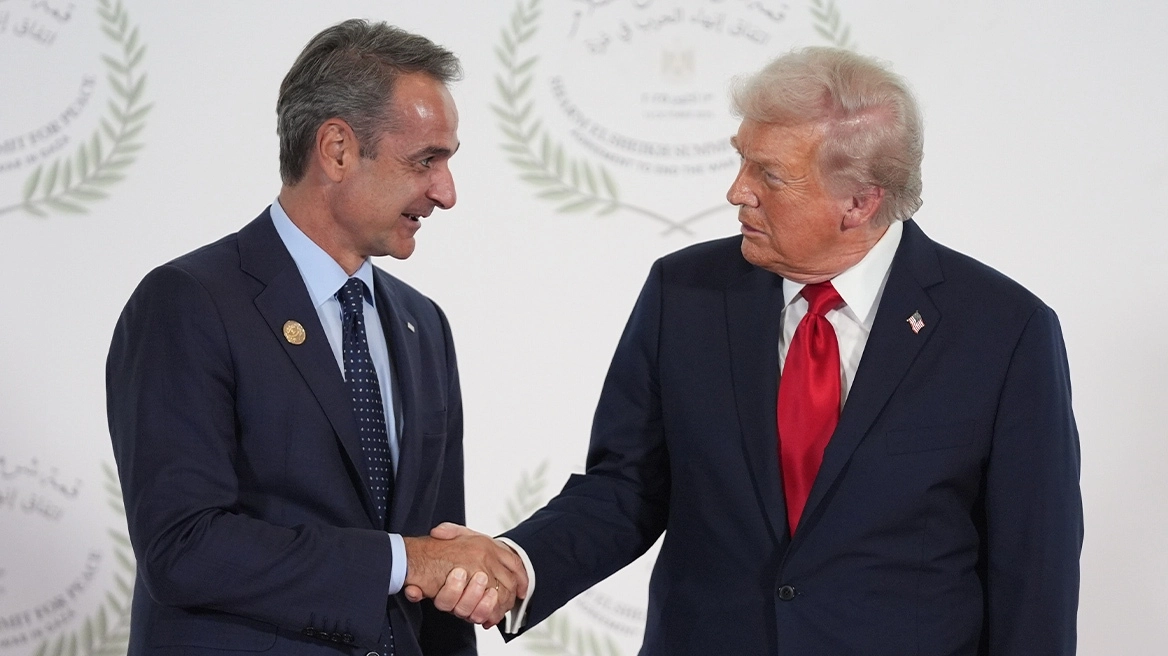A Greek company called “Aerospace Management & Support (AMS)” was selected by the committee of the European Union program Clean Sky for the development of new generation air containers, with the aim of saving weight and therefore carbon dioxide emissions on flights, but also the transition of air cargo to the digital age.
AMS is already in talks with Airbus, with the aim of adopting the standard container that it developed and which it chose among dozens of other candidates from all over Europe as the main department for this service of the European aircraft manufacturer. The Greek container promises to save at least 200 kg of weight per unit.
The “smart” container is made of composite materials and has integrated functions for security, autonomous movement, detection, and suppression of fire smoke, but also wireless monitoring and communication capabilities.
To load, unload and secure all these boxes to the fuselage, the planes are equipped with traction and anchoring mechanisms, which add significant weight and require extra power, the production of which eliminates even more carbon dioxide. The Greek consortium also developed a robotic platform that can load and then withdraw from the aircraft, while the container has the same much lighter anchoring mechanism, rendering the relevant equipment unnecessary and saving further weight. These new containers and the loading and unloading system will not only be used by the new aircraft in the future but can also be used by the existing fleet with the appropriate modifications (retrofit).
It is lightweight and has built-in functions for fire detection and suppression, as well as wireless monitoring capabilities.
AMS, whose main shareholder is the engineer Elias Kokkotas, is based at the Athens International Airport, in the old offices of the German Hochtief. He is the leader and coordinator of the Intelligent Lightweight Composite Aircraft Container program or Intellicont as these containers are used by airplanes and are located under the passenger floor. The project also collaborated with Avionics Greece, the University of Patras, the National Technical University of Athens, Prisma Electronics Hellas, and other international organizations, such as the University of Manchester and the Spanish company Acciona Construccion, which is expected to participate in their mass production.
The original “smart” container was officially delivered in December 2021 to the committee of the European program Clean Sky, Intellicont, for its implementation by Airbus at its facilities in Hamburg and specifically at the research and technology center ZAL (Hambourgs Zentrum fur Angewandte Luftfahrtforschung) duration of demonstration of the correct operation and its possibilities, explains Elias Kokkotas. The Clean Sky Joint Undertaking is a public-private partnership between the European Commission and the European aeronautics industry that coordinates and funds research activities to deliver significantly quieter and more environmentally friendly aircraft.
Ask me anything
Explore related questions
